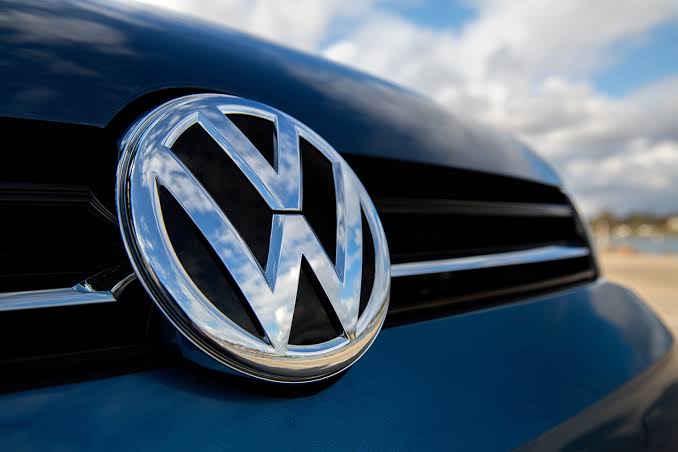Volkswagen ramps up its software and autonomous driving tech

Volkswagen is creating new strategies to ramp up its software, mobility as a service, and battery tech to top the market in the coming years as it prepares to transition into personal mobility.
Chief Executive Officer Herbert Diess on Tuesday revealed a top-to-bottom approach to transform everything, including manufacturing and revenue streams. The company’s CFO Arno Antlitz said revenue was previously driven by sales of internal combustion vehicles, but sales for the rest of the decade will be driven from electric vehicle sales, and also software, autonomous driving, and ridesharing, TechCrunch reported.
To achieve its new goals, Volkswagen has been working on planting six battery Gigafactories in Europe and a hardware platform research and development facility in West Berlin worth €800 million (about $944 million). The company is also improving its in-house automotive software arm Cariad which it said could generate about €1.2 trillion ($1.4 trillion) in revenue by the end of the decade.
VW also has plans to ramp up autonomous driving. It wants to transform the ridesharing and car rental market, using an integrated AV platform to achieve it. The company’s vision for its cab-hailing services for customers to be able to request a VW electric AV taxi, one that doesn’t necessarily need steering or a driver’s seat, by the end of the decade.
“Imagine that your grandmother or your eight-year-old son can hop in a Volkswagen cab to visit one another, whenever they want, without mom or dad behind the wheel,” Diess said during a presentation. “You can use one o our mobility apps, and an ID Bus will pick you up and your friends.”
He added that VW personal vehicles will be powered by Cariad, “level 4 readiness” OEM by 2025. Also, shared mobility vehicles like taxis or shuttles will be owned and operated by Volkswagen. It will also run on tech developed by AV company Argo AI. VW invested $2.6 billion in the startup in June.
The automaker anticipates its investment in MaaS to yield high returns. It expects annual revenues to hit more than $70 billion in the five largest European markets by 2030. Its autonomous rideshare ID Bus which is currently under development is set to launch out as a commercial service by 2025 in Hamburg. It will launch in the U.S. shortly after.
Volkswagen also expects BEV sales will make up 25% of sales by 2025 and 50% by 2030. It plans to decrease its ICE models by 60% in Europe at the end of the decade because ICE margins are likely to face increased pressure due to a decline in demand. The company recently increased its profit target for 2025 to 8-9%, from 7-8%.
“Until 2030, the world of mobility will have seen the greatest transformation since the transition from horses to cars at the beginning of the 20th century,” Diess said. “The future of cars, the future of individual mobility will be bright.”


Be the first to comment!
You must login to comment